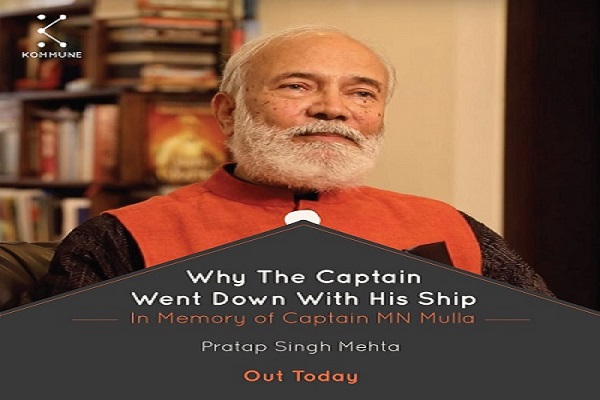The 9th December is imprinted on my mind like a scar. On the dark scary night of 9th December 1971, we were off Diu Head on petrol to watch out for any Pakistani vessel or submarine trying to sneak towards Mumbai and west coast of India. The sea was calm and there was a chill in the air.
1971 Indo-Pak war had begun
The war with Pakistan had begun. I was on board Indian Naval Ship Krishna as a Cadet. We were carrying out the  petrol off Saurashtra coast. I was on Bridge watch as trainee navigator. The whole ship was on high alert. We were six hours on; six hours off duties. Practically we ate and slept at our respective places of duty. The operations room and sonar room buzzed with activities. Commander RAJ Anderson, our Commanding Officer, was a light hearted but a tough task master. He spent most of his time in the ops room. He always kept the moral high with his ribald limericks and humour.
petrol off Saurashtra coast. I was on Bridge watch as trainee navigator. The whole ship was on high alert. We were six hours on; six hours off duties. Practically we ate and slept at our respective places of duty. The operations room and sonar room buzzed with activities. Commander RAJ Anderson, our Commanding Officer, was a light hearted but a tough task master. He spent most of his time in the ops room. He always kept the moral high with his ribald limericks and humour.
Fort-seven years ago during India’s war with Pakistan, the vintage anti-submarine frigate INS Khukri commanded by the late Captain Mahender Nath Mulla, was ordered to hunt and destroy a Pakistani submarine lurking off the coast of Diu.
Lord Tennyson’s poem “The Charge of the Light Brigade”
 The operation was doomed from the beginning. Like in Lord Tennyson’s poem “The Charge of the Light Brigade”, the brave men went into the night as commanded. Quote,
The operation was doomed from the beginning. Like in Lord Tennyson’s poem “The Charge of the Light Brigade”, the brave men went into the night as commanded. Quote,
“Ours not to reason why, ours but to do and die”. What a coincidence? The poem was published on 9th December, 1854.
Khukri is torpedoed

All of a sudden, there was an announcement on board Krishna for the ships company to close up at action station. Highest degree of alertness because Khukri had been torpedoed and was sinking. We were just 40 nautical miles away from the scene of action. Our Captain ordered vicious alteration of course away from Khukri’s last known position and increased speed to maximum to get away from the unknown danger lurking under water.

We later learnt that Khukri was torpedoed by the modern Pakistani submarine, PNS Hangor. Khukri sank, taking 178 sailors and 18 officers including Captain Mulla to their watery graves. It was reported that the captain of the ship showed extraordinary courage during those last minutes of his life, helping save as many of his men as he could and not abandoning his vessel. He went down with his ship, along with the other brave soldier-sailors.
The Mahavir Chakra was awarded to him posthumously.

Ameeta Mulla Wattal, the daughter of late Capt Mulla says, Quote,
“I have often wondered what made my father decide to go down with his ship. Was it a quest for immortality beyond death? Or was it an old naval tradition? Or did he make the choice because he felt it was the right thing to do”?
On that fateful night, Captain Mulla helped as many sailors he could to the safety of lifeboats. When he had done his duty, he took his decision to go down with his ship. I suppose he saw himself as the ship’s master, nurtured by his ideals. He was the first captain of independent India’s navy to go down with his ship.
One such man is enough to bring honour to an entire nation for a lifetime.
My sincere gratitude to Ameeta Mulla Wattal for useful inputs.
